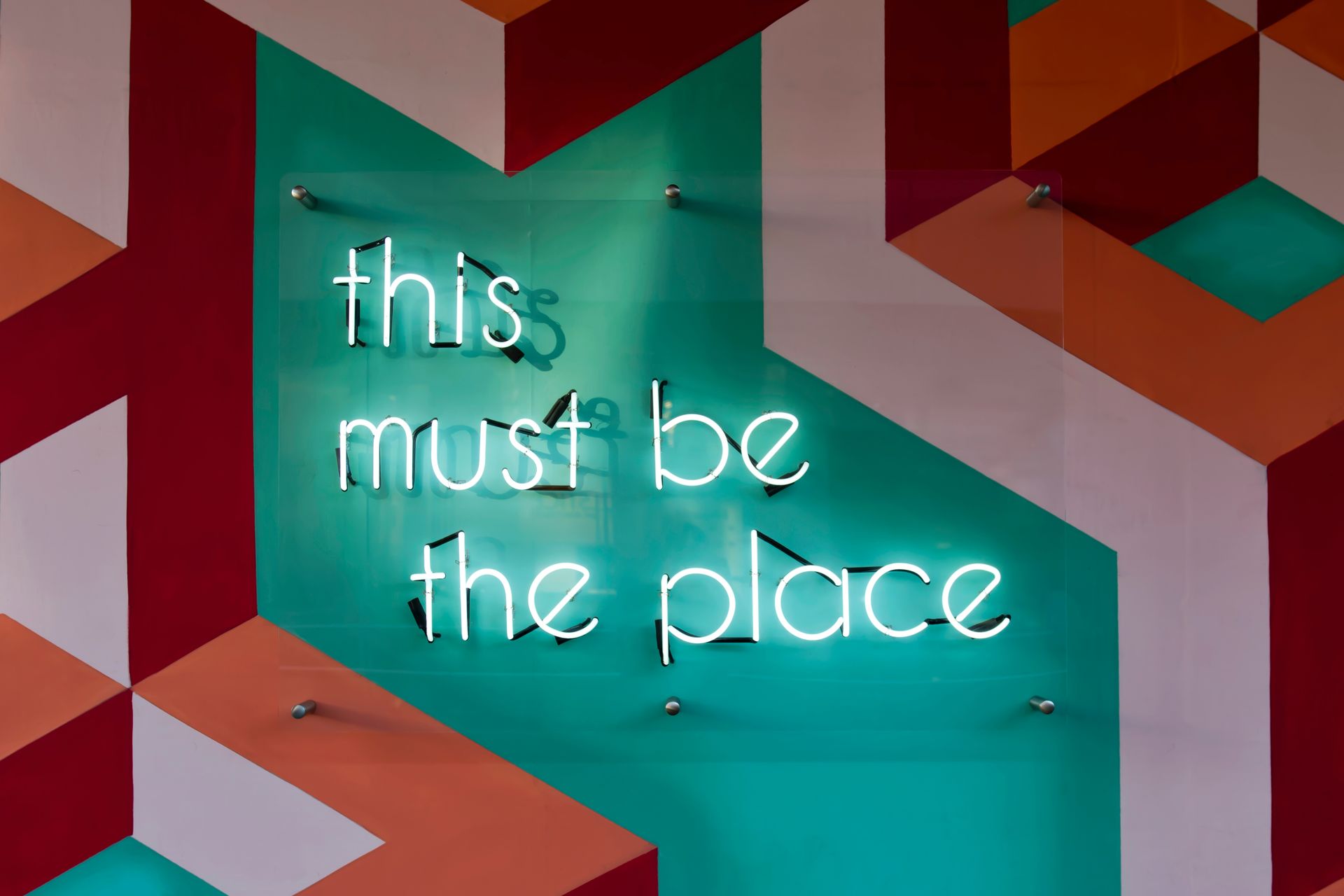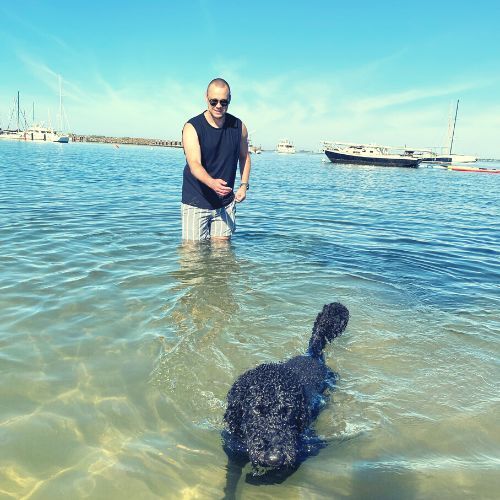Your preparation for an interview, and your performance in the interview, are crucial to your career prospects. Regardless of how good your resume looks, regardless of how solid your experience is, your success will ultimately hinge on your performance in the all-important interview.
Preparation
Your preparation, the work you do BEFORE the interview, is arguably the most crucial part of the whole process. An interview is like an exam: preparation is paramount! It is often the X-factor that will have you perform better than your competition.
Here are the essential steps to successful interview preparation:
- What interests you in this position and/or our company brief your consultant will conduct with you before your interview. Typically, this will cover details of interview time, location and who you'll be meeting. You may also receive a job description, plus some information about the company you're interviewing with.
- If you have access to the Internet, research the company. Look up their website. Familiarise yourself with facts & figures, products & services the company offers.
- Refresh your memory regarding important facts and figures of your own employment history. For example, if you have had a sales background, be aware of your performance figures. Think about your greatest achievements so far in both your work and personal life.
- Dress conservatively. Look your best, attend to all facets of your grooming, but be careful not to dress too loudly.
- Your interview may well include competency-based questioning. Ask your Morgan Consulting consultant about what core competencies are required for the role. Think about examples from your history that you could talk about to demonstrate these core competencies
During the Interview
Remember, the interview isn't just about the questions and answers. It starts from the moment you meet the interviewer(s) until the moment you say goodbye. This whole process also takes account of your appearance, your posture, your mannerisms and the like. (See the Do's & Don'ts of an Interview). Still, the questions and answers are a crucial part. Be prepared to give well thought-out and clear answers to questions such as these:
- What interests you in this position and/or our company?
- What are your strengths and weaknesses?
- Where do you see yourself in five years' time?
- What have you enjoyed most/least about your previous job(s)?
- What are your greatest achievements?
- What kinds of management style and team structure do you prefer, and why?
- How would your friends or people you've worked with describe you?
- What are your hobbies? What do you do in your spare time?
The Do's and Dont's of your Interview
- DO arrive at your interview a couple of minutes early if possible. Being late for an interview, even if only slightly, is never acceptable and will usually ruin your chances right there and then.
- DO show maturity, a clear well-spoken manner and confidence in your own
ability! Remember, you're there to show that you're the best person for the job - DO greet your interviewer with a firm handshake and good eye contact.
- DO wait until you are offered a chair before you sit down. Sit upright and maintain good, positive eye contact throughout the interview. This will show that you are listening keenly.
- DO listen carefully be sure to give direct and relevant answers to the interviewer's questions. Giving irrelevant answers, no matter how brilliant, will not help you.
- DO show enthusiasm. With interview nerves, it is easy to forget this crucial point. Take a deep breath, be conscious of your whole body language, and be keen and interested throughout the interview.
- DO use the questions as an opportunity to sell yourself to the interviewer. Use your answers to highlight your strengths and your suitability for the role.
- DO be honest. Answer questions truthfully, succinctly and as close to the point as possible.
- DON'T ever ask about salary. If the interviewer asks what your salary
expectations are, tell them your consultant is managing that on your behalf. - DON'T ask about fringe benefits, holidays, bonuses or the like, especially not in a first interview. This may be appropriate later on in the process, but ask your consultant for advice here.
- DON'T give one word answers like a simple Yes or No. Explain yourself in some detail and give evidence to support your responses.
- DON'T ramble on too much when asked a question. Even though you need to provide informative answers, you can go overboard. This can be a tricky balance to achieve sometimes but focus on the relevant facts.
- DON'T speak negatively about anything if you can avoid it, especially past employers and bosses. Try to give a fair and balanced account of past experience
Close the interview
The final step in the interview will usually be about any questions that you have. It's always beneficial to ask at least a couple of questions. It shows that you are keen and inquisitive. If the interview has been comprehensive, it can often be hard to think of questions. Here are some examples you might be able to use:
- How has this vacancy come about?
- Can you tell me about the previous person in the role?
- How would you describe the culture of the company?
- Can you tell me about your training and induction program?
- What is the company's approach towards external training and development?
- What are the company's growth plans for the future?
- In what areas do you expect the business to grow the most?
- What will be the next step?
As a general rule, ask open-ended questions instead of closed questions. You ideally want detailed information, rather than simple yes or no responses.
If this is your first interview with the client and you are interviewing through Morgan Consulting, rarely will a job offer be made on the spot. However if it is, and you feel comfortable with it, give an enthusiastic yes. On the other hand, if you feel you would like some time to think it through, politely request that of the interviewer. Commit to a definite time by which you will give an answer.
In most cases, the interviewer will close the interview without giving you much indication of where you stand. If this is the case, don't be discouraged. Simply thank him or her warmly and re-iterate your enthusiasm for the role. You may also want to briefly restate why you want the position and what you feel you can bring to the role and the company. Sell yourself right to the end, but do it tactfully.
After the Interview
As soon as practicable after your interview, contact your consultant to debrief on how the interview went. Your consultant is there to listen to any concerns or questions you might have at this point.
Ideally, your consultant will want to talk to you before the client. If you are keen to pursue the role, we are there to represent you in the most positive light.
Finally, take a deep breath and relax! You've given it your best shot, and if it's meant to be, it will be!
Categories
Morgan Consulting Rights | Sitemap | Terms + Conditions | Privacy Policy | WHS Portal
Powered with 🤍 by Shazamme




